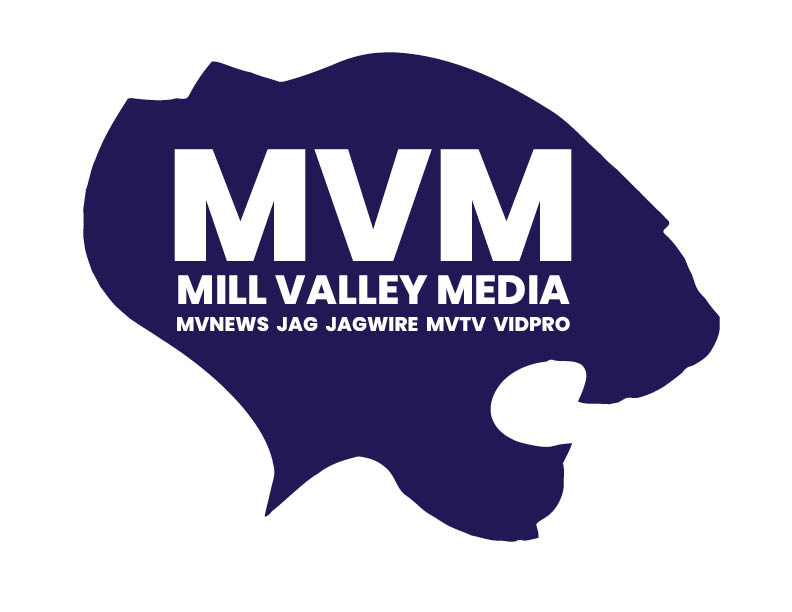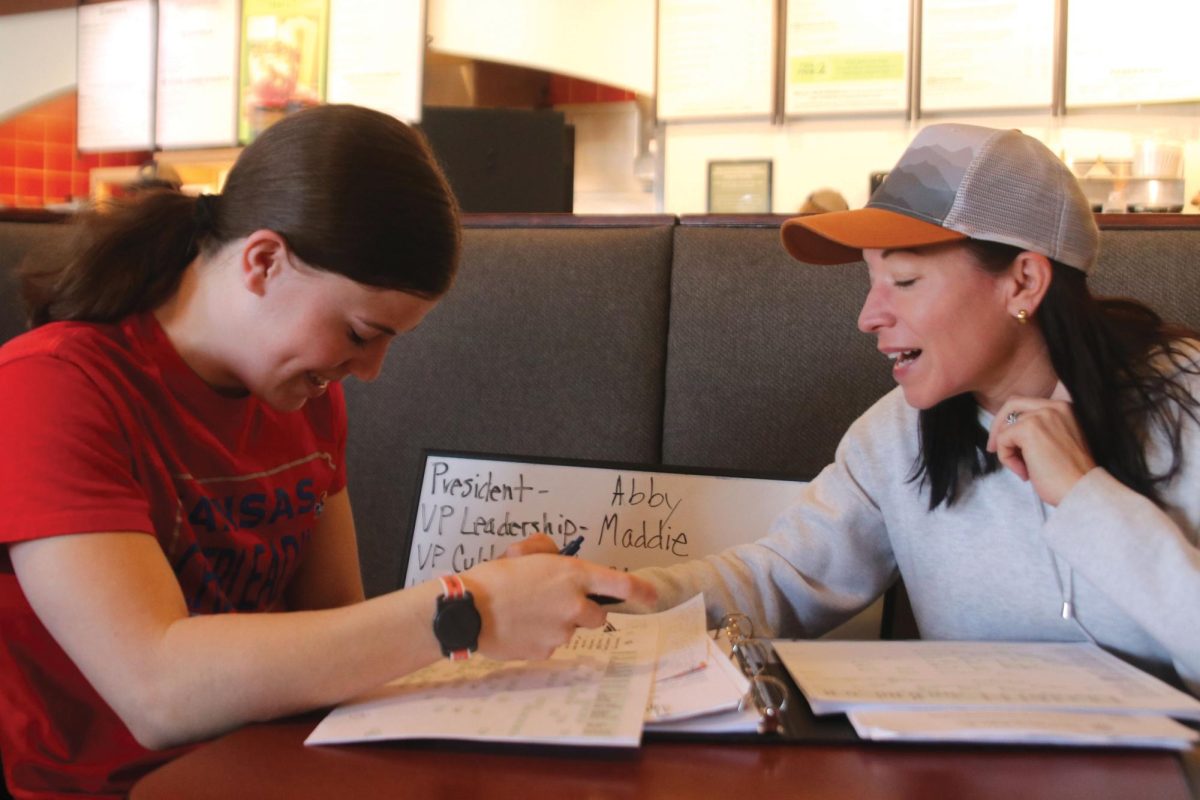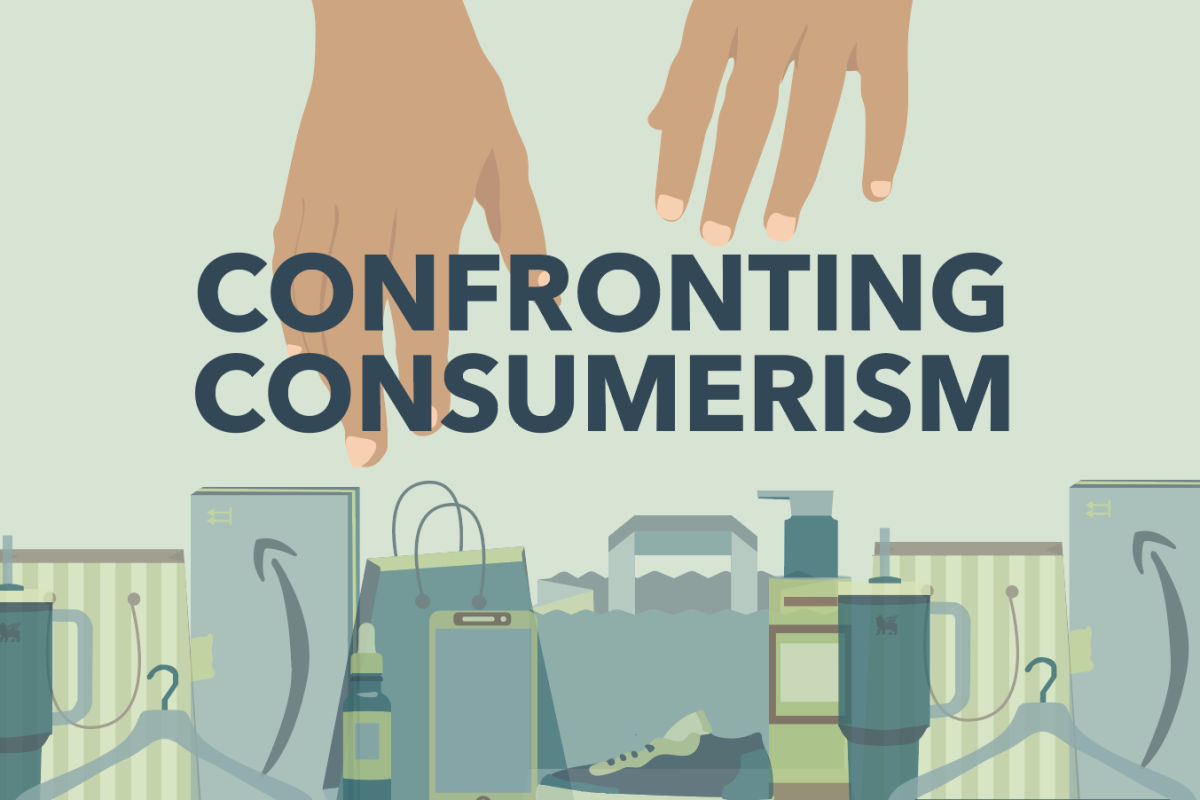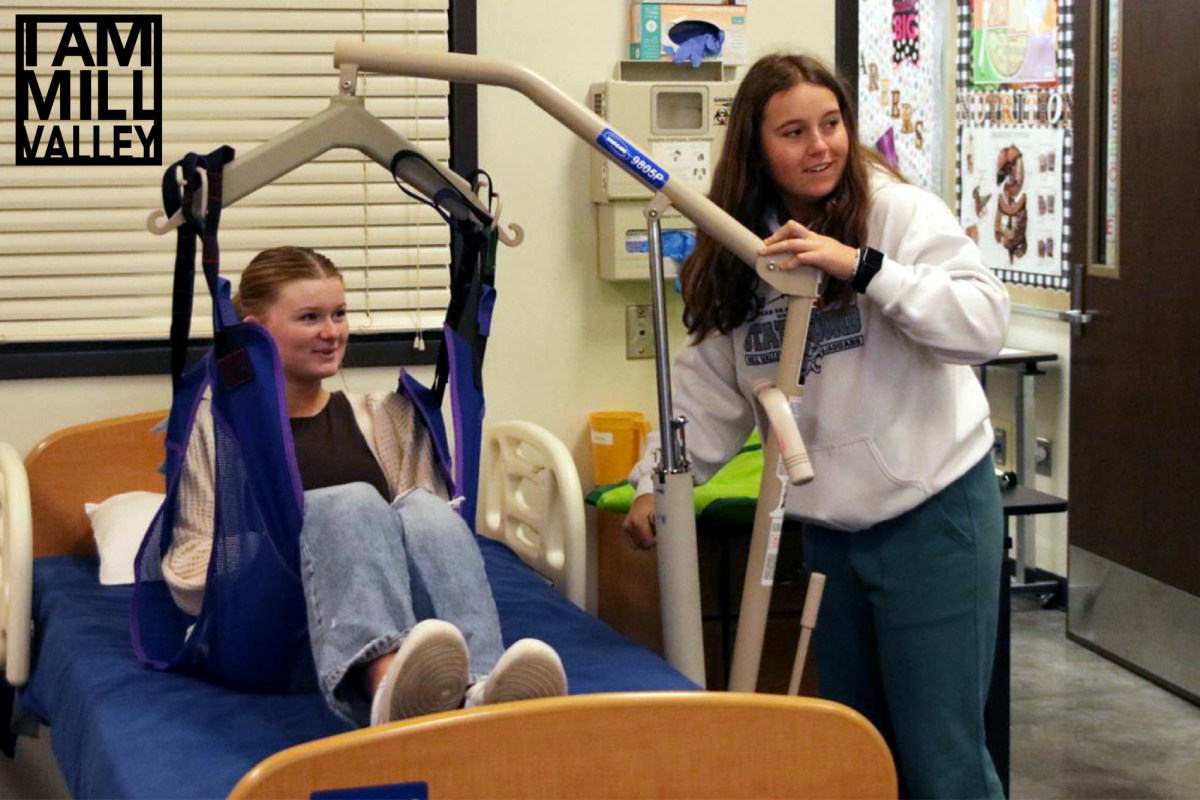From the day the twin towers came crashing down on Sept. 11, 2001, to Hurricane Katrina’s rampant destruction in New Orleans in 2005, society’s reaction to large events has helped define today’s current generation.
According to USA Today’s analysis of 9/11’s effects on the generation, the Millenial Generation will still experience the effects of terrorism long after the event. Change has come with an increase in airport security and other changes that are working to prevent such as acts of terrorism from occurring again.
Senior Jessica Praiswater said that encounters with life-changing events make society become more conscious of what occurs in the world.
“The catastrophes we experience definitely make us more aware of national problems,” Praiswater said. “At school we have fundraisers to help raise money after disasters and it lets me see the world as something bigger than just Shawnee, Kan.”
An event like 9/11 doesn’t just call for the use of fundraisers, but adaptation, as well. A generation is defined by an event’s emotional impacts, according to an article by Ann O’Neill of CNN.
Junior Annie Deaver said 9/11 united the U.S., but introduced new biases as well.
“When someone talks about 9/11 now, we think about it seriously because it is like our nation lost its innocence,” Deaver said. “9/11 gave us a reason to stand together and fight back for what we believe in. But, 9/11 did give us a lot of prejudices about the people of the Middle East. I talk to people I know who truly believe anybody who is Muslim is a terrorist and that makes me disappointed. Hate only created more hate.”
The emotional strains tragedy places on the current generation are also indicative of how the struggles push the members to adapt and work together on an array of efforts, much like Hurricane Katrina did, according to O’Neill.
Freshman Eli Stewart said being compassionate towards one another is simple when disaster strikes.
“It is natural for humans to want to help another,,” Stewart said. “It helps define us because those are the things that are remembered by others. When a big disaster happens it displays how we are willing to help and raise money for another, which it impacts us because people see that, it isn’t ever forgotten.”
The physical, emotional and mental obligations that have been placed on the Millennials have worked to define them, according to social studies teacher Kelly Warren.
“Events shape the attitudes of a generation about the past, present and future,” Warren said. “This current generation now has an attitude of uncertainty to the past because nothing is secure or stable. Now, more than ever, you can’t take anything for granted.”







